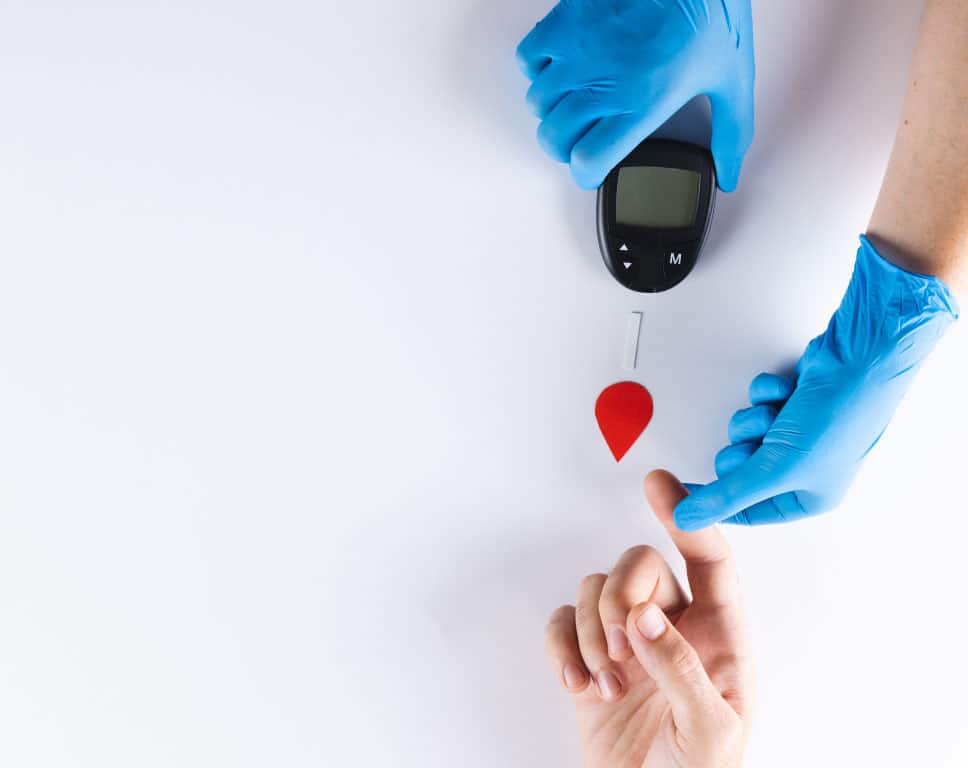Intermittent fasting is a dietary approach that continues to grow in popularity for its effectiveness in weight loss and health improvement.
A growing body of scientific evidence suggests that intermittent fasting can reduce a person’s risk of chronic lifestyle diseases such as insulin resistance, diabetes and cardiovascular disease, and obesity.
Intermittent fasting defined
Intermittent fasting requires abstaining from eating for between 15-18 hours a day, which requires that you consume all meals within a 6-8 hour window.
Another popular option is the 5:2 approach, which requires fasting for two consecutive days followed by five days of normal eating.
While the mechanisms through which intermittent fasting yields its many benefits are still being studied, advocates of this approach to eating propose that cutting calories reduces insulin-like growth factor-1 (IGF-1) hormone levels.
Previous research has found that a drop in circulating IGF-1 turns on cellular repair mechanisms within the body, which can protect it against cancer, heart disease and other illnesses.
Another theory is that intermittent fasting increases insulin sensitivity, which aids blood sugar regulation. By increasing the body’s responsiveness to insulin, which regulates blood sugar, you can reduce your risk of weight gain and various lifestyle diseases.
The intermittent fasting benefits
The calorie restriction that the diet imposes has been linked with:
- Improved insulin response,
- Improved longevity,
- Reduced oxidative stress and inflammation,
- More efficient energy production.
The eating structure is also easier to adhere to than the severe, prolonged calorie restriction that characterises most fad deprivation diets.
The key is to select healthy foods and moderate your carb intake by replacing these foods with healthy fats like coconut oil, olive oil, olives, eggs, avocados and nuts.
Growing scientific support
Additional scientific support for this dietary approach emerged at the end of 2019, with numerous studies released that affirm its benefits.
For instance, Mark Mattson, Ph.D., a neuroscientist at Johns Hopkins Medicine, published a review article in the December issue of The New England Journal of Medicine that stated that “intermittent fasting could be part of a healthy lifestyle.”
According to Mattson, various studies show that the ‘metabolic switching’ that fasting promotes within the body as part of a natural response to food scarcity, supports cellular health and makes cells more efficient at metabolising fat for energy.
The paper also highlighted that cells become more insulin sensitive, which improves blood sugar regulation, and that the diet increases resistance to stress, suppresses inflammation, and was shown in four studies in both animals and people to decrease blood pressure, blood lipid levels and resting heart rates.
There is even evidence emerging from preliminary studies that suggest that intermittent fasting could benefit brain health, explained Mattson.
Reset your circadian rhythm
In a separate study, researchers from the Salk Institute and the UC San Diego School of Medicine found that a 10-hour time-restricted eating intervention, when combined with traditional medications, resulted in weight loss, reduced abdominal fat, lower blood pressure and cholesterol, and more stable blood sugar and insulin levels for participants.
The findings of this pilot study were published in December 2019 in the journal Cell Metabolism and could lead to a new treatment option for patients with metabolic syndrome who are at risk for developing conditions such as diabetes.
A major reason for these health benefits is linked to enhanced circadian rhythms.
“Eating and drinking everything (except water) within a consistent 10-hour window allows your body to rest and restore for 14 hours at night,” stated Emily Manoogian, a postdoctoral fellow in the Panda lab and the study’s co-first author.
Overall, study participants experienced improved sleep and a 3-4% reduction in body weight, body mass index, abdominal fat and waist circumference. The diet also lowered blood pressure and total cholesterol, which are important markers for cardiovascular disease.
Lastly, a recent study conducted on mice by researchers at Kurume University School of Medicine in Japan, the findings of which appeared in the Journal of Endocrinology, showed that limiting access to food increased levels of the appetite-promoting hormone, ghrelin, which may also increase motivation to exercise.
The study findings suggest that a surge of ghrelin following a period of fasting prompted the mice in the study to initiate voluntary exercise.
These findings indicate that better diet control in the form of intermittent fasting or other approaches could help overweight people maintain a more effective exercise routine, lose weight and avoid debilitating complications such as diabetes and heart disease.
However, lead researcher Dr Yuji Tajiri cautioned that more work is needed to confirm if this ghrelin response is also present in humans.
“If it can be established in clinical practice, it not only opens up new cost-effective diet and exercise strategies but may also indicate a new therapeutic application for ghrelin-mimicking drugs,” stated Tajiri.















